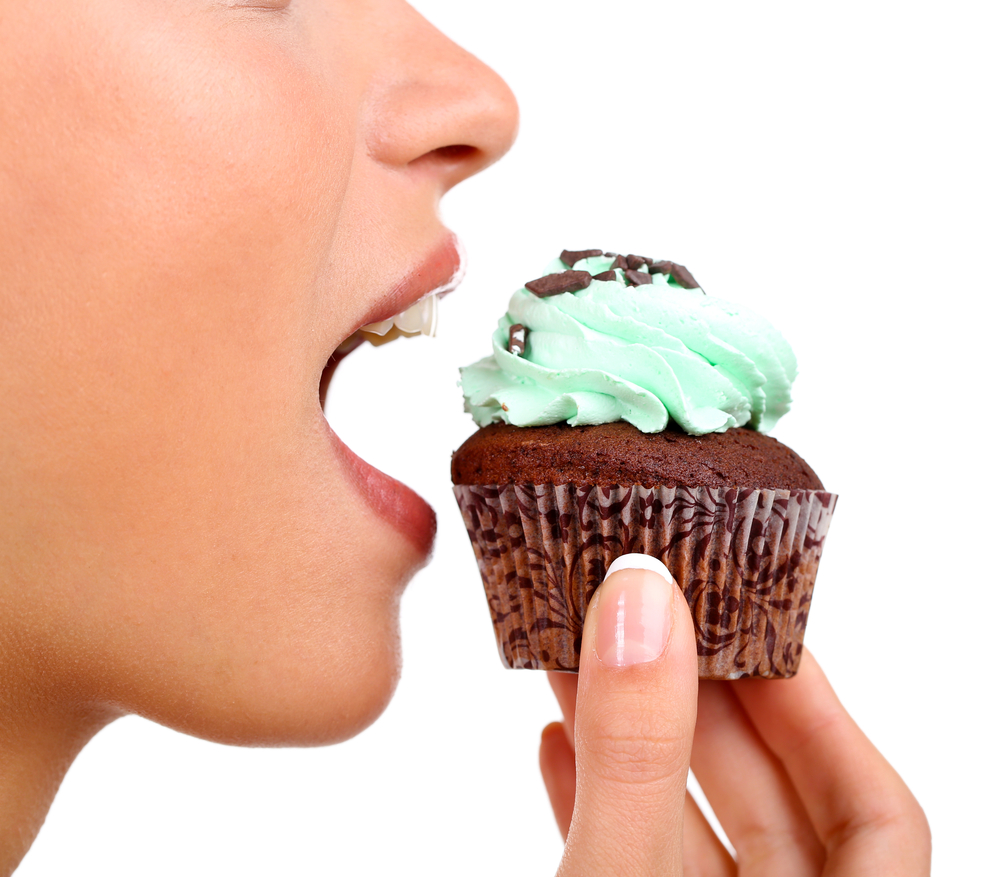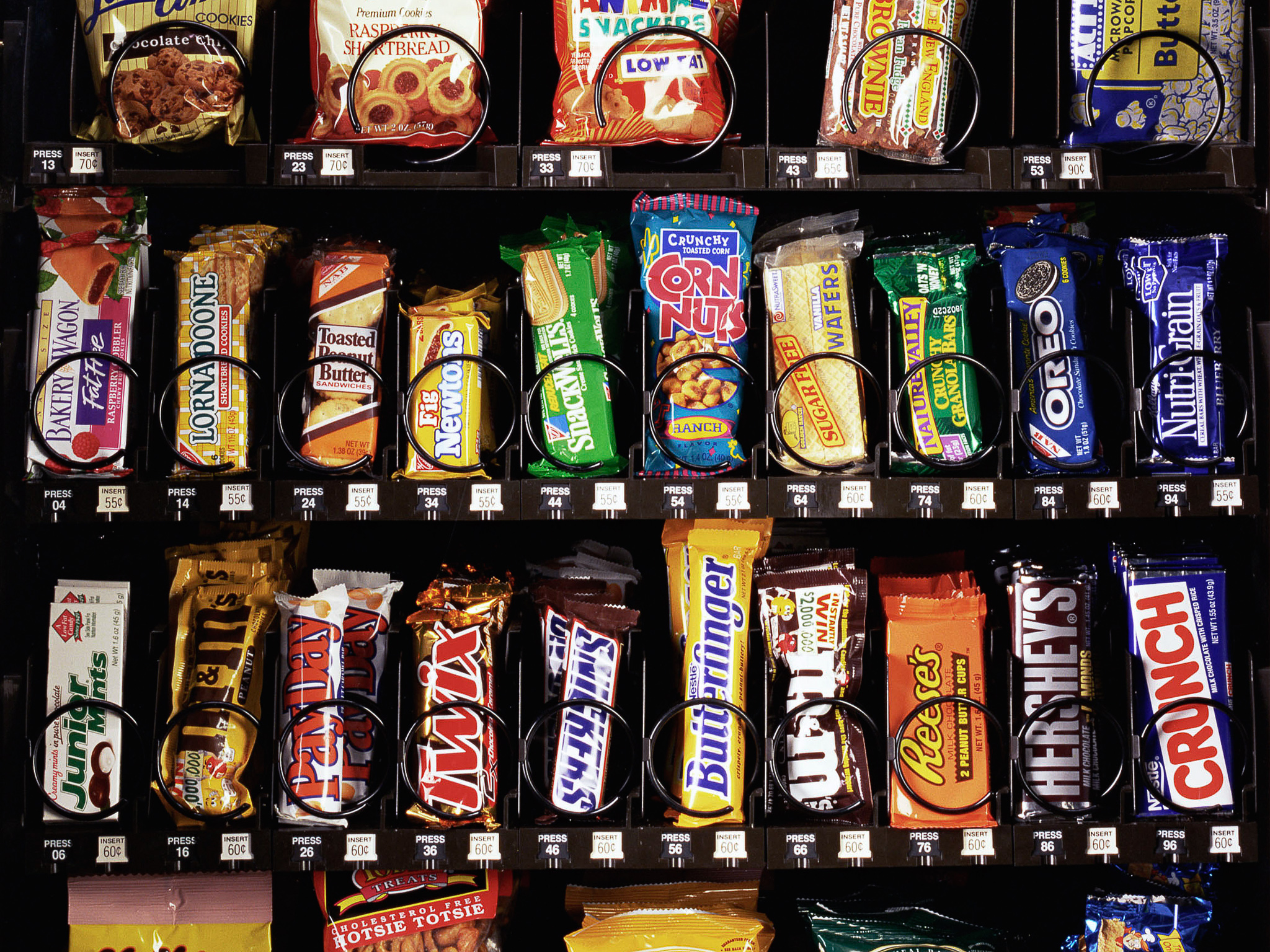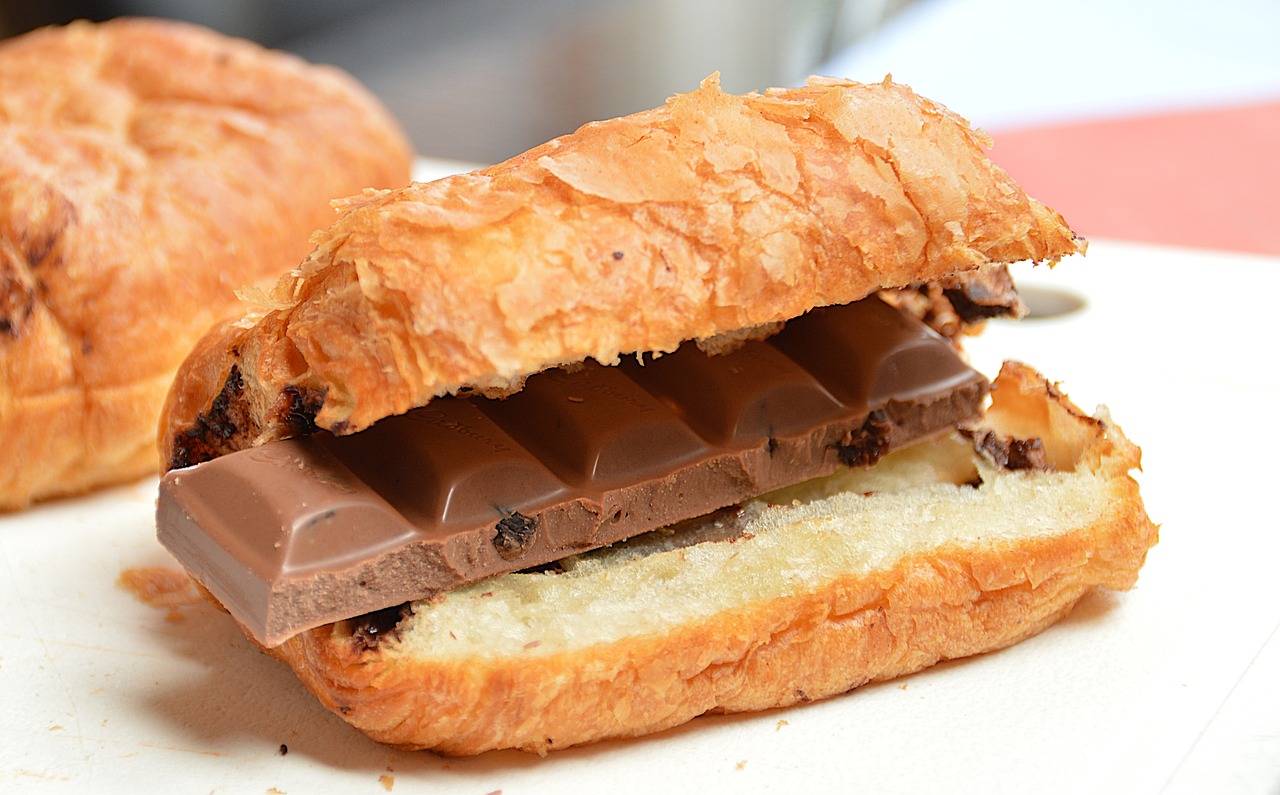I hope you’re still thirsty for more information, and water.
In this final segment of our first healthy habit, we’ll look at the impact that “sweetness” is having on your weight-loss initiative, and overall health & wellness.
From processed table sugar to artificial sweeteners.
The point is not to pick on anyone with a sweet tooth or sugar addiction. But last week’s concept of adding a little flavor to your water so you can drink more inspired this post.
I’d also like to look at the “sugar-free” craze that’s been promoted and popularized for too many years. And the side effects of relying on anything sugar-free as a crutch in your nutrition plan.
Sugar-free beverages and processed food crap is SABOTAGING your weight-loss efforts.
This has created a serious problem that’s not limited to the diet soft drink you have with lunch. But also includes those colorful little packets like Splenda, Equal, NutraSweet, and Sweet ‘N Low (to name a few), that you add to other things you consume throughout the day.
But before we go any further, let’s start by understanding a little more about sugar, which is also referred to as “added” sugar.
The American Heart Association sets daily intake guidelines by the teaspoon and total calories.
They allow up to 6 teaspoons per day for women, or about 90 calories. And up to 9 teaspoons for men, or about 135 calories.
But you shouldn’t go for the max here. Less than the recommended amount or none is better. Here’s why…
Consider this, a teaspoon or an equivalent sugar packet contains 4 grams and about 15 calories.
I know it doesn’t seem like much. But those 15 calories are truly “empty” calories with ZERO nutritional value.
And they add up quickly.
I want you to think about what this means when the nutrition label on that 20-ounce bottle of Pepsi you reach for indicates zero fat.
But if you read further, you’ll see 69 grams of sugar and 250 calories. This equates to 17 packets of sugar!
Are you freakin’ kidding me?
According to the American Heart Association, the average American consumes about 21 teaspoons per day from added sugars. Equivalent to about 330 calories.
That’s more than triple the recommended daily limit for women, and more than double the recommended for men.
And although naturally occurring sugars such as those found in fruit and some dairy products contribute to your overall sugar intake, according to dietary experts, they don’t qualify as “added” sugars.
But this doesn’t mean you should go overboard. A few servings every day is sufficient.
There are hidden dangers with added sugar. The most common is white table sugar. But added sugars also include, brown sugar, honey, high-fructose corn syrup, agave nectar, and dextrose.
The list goes on. And keep in mind that sugar is not only limited to desserts, candy or soda. It sneaks into some “not-so-obvious” places. Like cereals, salad dressings, so-called “healthy” sports bars and drinks, low-fat yogurt, and most cold cuts, just to name a few.
So it’s important to read your nutrition labels carefully. Or just stick to whole foods whenever possible.
Remember the vitaminwater example from last week? What you see is NOT always what you get. vitaminwater is marketed as healthy, but contains 8 packets of sugar in a 20-ounce bottle.
It’s supposed to be water! So why does it need 32 grams of sugar added to it?
I won’t even waste the time to find out if it contains any legitimate vitamins as the name claims. That’s doubtful and it doesn’t matter. You can’t even use in your car’s radiator or battery.
Okay, I’m done ranting for now.
Let’s move on to artificial sweeteners, also known as low-calorie sweeteners or sugar substitutes.
It’s obvious that artificial sweeteners are intended to add sweetness without the calories.
At first glance, these sugar substitutes appear to be a good thing. You’re not consuming all of that unhealthy sugar. And they’re supposed to help you lose weight by eliminating the extra calories.
Sounds harmless, right?
Well think again…
Although they provide taste to your food and beverages similar to table sugar, they are sometimes referred to as “intense” sweeteners because they are hundreds to thousands of times sweeter. And therein lies one of the problems.
Because artificial sweeteners are so “potent”, some studies have shown that you actually train your body to crave more sugar.
And with beverages like diet soda, you could be priming your brain to want to eat more because you’re not getting the same fullness of the sugar-sweetened version.
Fat cells act like sponges, looking to absorb more fat.
One study showed that diet soda drinkers had a 70% increase in waste circumference as compared to non-diet soda drinkers. Other studies have shown associations between artificially sweetened drinks and obesity.
Here’s a very common example: “I’ll have the bacon cheeseburger with fries please. Oh, and a large diet Coke, ‘cause I’m watching my calories.”
Sound familiar? Perhaps you’ve heard someone else order this before?
So let’s cut to the chase.
Added sugar has NO nutritional value. Our bodies don’t need it.
There’s plenty of data, both in favor of, and against the use of artificial sweeteners.
Want my suggestion?
Make a commitment to STOP using sugar altogether, as soon as possible. Real or artificial, it’s not helping you.
I realize that it may not be easy to quit cold turkey. And that you’re going to have to sacrifice a little. But your health is well worth the sacrifice, and you’ll be much better off not being so sweet.
Here are a few articles that may help you kick the habit:
- 5 Tips to Help You Kick Sugar in a Week http://www.huffingtonpost.com/wellness-today/diet-and-nutrition_b_5411759.html
- Added Sugars (from the American Heart Association) http://www.heart.org/HEARTORG/HealthyLiving/HealthyEating/Nutrition/Added-Sugars_UCM_305858_Article.jsp#.VqQK95NWK3Y
- 57 Sneaky Sugars to Avoid http://www.huffingtonpost.com/jonathan-bailor/sugars-avoid_b_4222642.html
- Why We’re Saying ‘No Thanks’ To Diet Soda http://www.huffingtonpost.com/2013/07/24/diet-soda-health-risks_n_3606906.html
Next week we introduce our 2nd pillar. I’ll give you a sneak preview – it’s about exercise.
But don’t sweat it just yet. We’re going to start slow.
If you haven’t exercised in a while, talk to your doctor first. Then you will have the opportunity to ease into this 2nd essential habit. And if you’re currently exercising, there’s plenty here for you too.
In the meantime, keep reinforcing your water habit by drinking more water.
Thank you for sharing your time with me. I hope you found value.
Now it’s time for YOU to take action…
What’s your Win to be Thin? Leave a comment below.
Click here to subscribe. You’ll receive an email with a link to each new post. And if you know someone that can benefit from this content, please share it with them.






Good post. I work out, I drink water, but the main problem that I have is my sweet tooth. Thanks for pointing out the sugar intake. If I can get my eating down and remove the sugars, I think I’ll find the results I’m looking for. I will be mindful of this. Thanks!